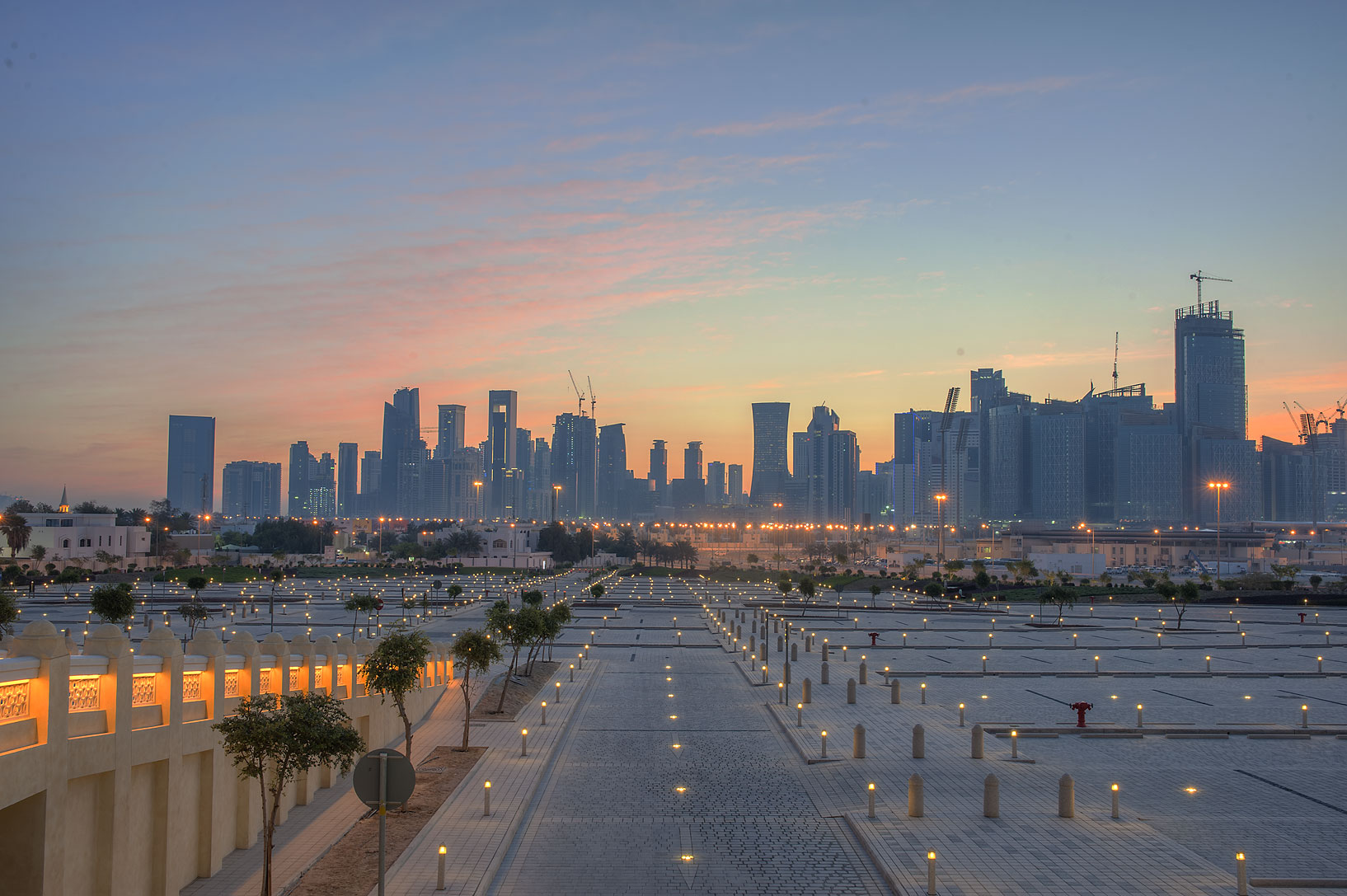Qatar welcomed 730,000 visitors in January and February 2023, a 347% increase over the previous year.
The GCC is insulated from the global “rocky recovery” and will grow by 3.2% in 2023 as countries push ahead with their national visions, according to PwC’s latest report.
The region is supported by oil prices, strong sovereign and corporate balance sheets, and despite the expected global slowdown, growth in the GCC is expected to be resilient at 3.2%, compared to 2.8% globally, allowing for additional reinvestment, states the report.
According to PwC, the non-oil economy is recovering, even in the hardest-hit sectors, fuelled in part by a return of expat populations.
The five GCC states with regular tourism data, Saudi Arabia, UAE, Qatar, Bahrain, and Oman, showed a -8% lag behind 2019 levels at the start of 2022. However, by the fourth quarter of the 2022, Qatar, Saudi Arabia and Bahrain exceeded the expected levels, according to the report.
The wider Middle East, however, remains more vulnerable to global trends of persistently high inflation, interest rates and geopolitical uncertainty, according to the report.
Overall, progress on the GCC’s key performance indicators (KPIs) is promising across the region, with some room for improvement on others, according to PwC.
For example, halfway through its Vision 2030, which was announced in 2016, Saudi Arabia has seen female workforce participation reach 36%, exceeding the target of 30%.
The report also added: “Abu Dhabi has made significant progress in diversifying its economy, with non-oil GDP reaching a 59% share in 2021, up from 41% in its baseline of 2005 and close to its 2030 target of 64%.
“However, it has been less successful in diversifying government revenue. It does not disclose non-oil revenue directly but combining IMF Article IV estimates for overall UAE oil revenue with Abu Dhabi’s most recently disclosed fiscal outturn in 2020 suggests that non-oil revenue was only about 28% of the total, far below its 2030 target of 49% and only slightly above its 2005 baseline of 23%.”
“The rollout of corporate income tax this year will help somewhat but these effects are likely to be felt only in 2025 and beyond,” the report added.
Richard Boxshall, partner at PwC and chief economist, said countries are making progress towards their national vision goals, and he expects increased momentum and reinvestment with COP28, which will be hosted by the UAE, on the horizon.
While the COVID-19 pandemic reduced expatriate populations in the GCC countries, they began to recover expat numbers by 2.8% in 2022 and are expected to surpass 2019 levels later this year, according to the report.







